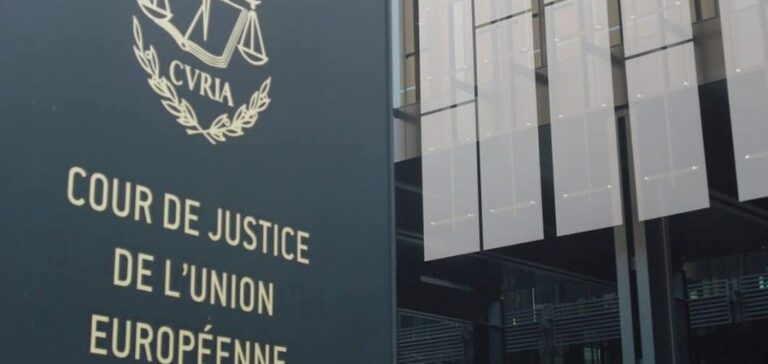The Austrian government filed a complaint with the Court of Justice of the European Union (CJEU) on Friday against the Commission’s creation of a “green” label for nuclear power, the Environment Ministry announced.
The Alpine country, fiercely anti-atomic, has been critical of the project from the beginning and has long announced its intention to take the matter to court.
“Nuclear and gas are neither green nor sustainable,” Minister Leonore Gewessler said in a statement. “That’s why we filed a complaint before the deadline on Monday.”
The daily Kurier had previously reported the information without citing a source, stressing that the procedure was unlikely to succeed.
In its argument, the government invokes procedural flaws and the fact that the European Commission does not have the authority to make such far-reaching political decisions, says the newspaper.
Mrs. Gewessler had denounced at the beginning of the year, when Brussels had unveiled the text, the “significant damage to the environment” caused by nuclear power. For her, nuclear power is “an energy of the past”.
The recognition of the contribution of nuclear power and gas to the fight against climate change has also aroused the indignation of environmental organizations, which denounce a “greenwashing” operation.
The text, approved in July by the European Parliament, should help mobilize private funds towards activities that reduce greenhouse gas emissions. It is in line with the EU’s objective of carbon neutrality in 2050.
Based on expert reports, it classifies as “sustainable” certain investments for electricity generation in nuclear or gas-fired power plants, provided they use the most advanced technologies. And, for the latter, that they allow to close
much more polluting coal-fired power plants.
Among the EU member states, only eight countries, including Germany and Luxembourg, had expressed opposition to the “taxonomy”, far from the “super-majority” of twenty countries needed to block the project.
It is defended by France and many Central and Eastern European countries, which argue that renewable energies (wind, solar, etc.) suffer from intermittent production and will not, on their own, meet electricity needs.
Austria has the distinction of having banned the use of nuclear energy in 1978, a measure that was elevated to constitutional status in 1999.
The country of 9 million people currently gets more than 75% of its electricity from renewable sources, mainly from a rich hydroelectric potential.
However, it continues to import electricity, particularly from nuclear power, to meet its energy needs.






















